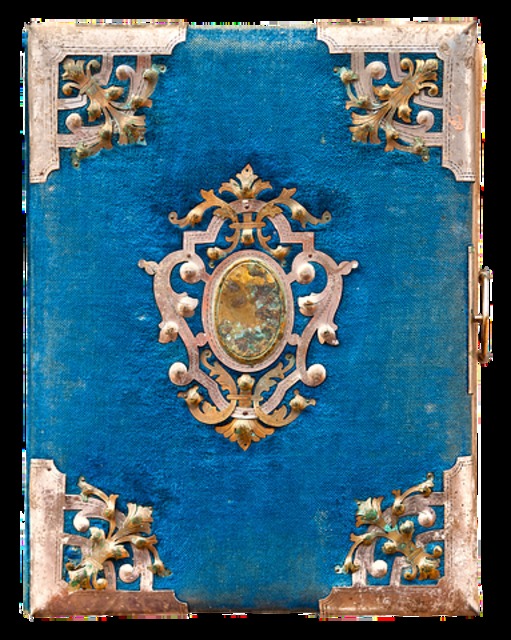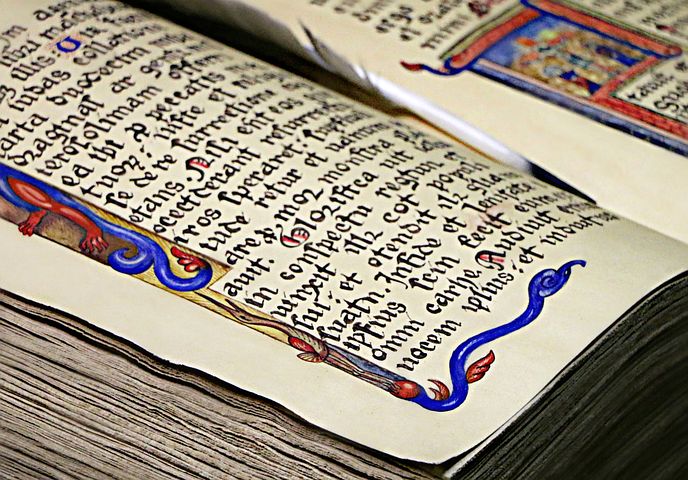Facebook – General – and Chandler’s Ford Today
My latest CFT post is a review of one of my favourite stories, A Christmas Carol, as performed by the MDG Players at the Dovetail Centre recently. Well done to all!
And this is the only production where the audience got to join in! If you want to know how, read the post! Oh and yes I joined in too.
I forgot to mention I’ve had a couple of stories on Cafelit recently. Anne Boleyn fans will like my story, Consistency, published by Cafelit on 24th November. It’s been a good week on Cafelit given my Moving On was published by them on 27th November. Hope you enjoy them both.
My Doubting the Obvious was published by Paragraph Planet on 22nd November. I need more weeks like this! The link should take you to their archive for November, which is why I’ve listed the date in case you need to scroll through to find this. Having said that, have a look good at the other stories here (and indeed on Cafelit too). There is some wonderful writing here – all very entertaining tales!
Facebook – General – and Association of Christian Writers’ More than Writers blog spot
I discuss writing goals in my monthly spot on the Association of Christian Writers’ More than Writers blog.
Do you set any? Have you achieved what you hoped to do? Did you take part in NaNo? I didn’t because I know I’d exceed the word count on some days, be under on others, and while it might balance out in the end, I just don’t need the guilt of “not achieving”! And I would feel guilty…
See what I DO do about setting goals in this post.
Facebook – General
My CFT post this week will be a review of A Christmas Carol as staged by the MDG Players.
A Christmas Carol is my favourite Dickens story and one of my favourite tales overall. It has everything – a villain (at least to begin with), ghosts who reveal why Scrooge has become the way he has and what it will mean for him if he doesn’t change, and redemption. The story is its own little world and just works so well.
Still love the Muppet version with Michael Caine. Is on my must watch list again this year. It is just really well done. Looking forward to sharing my post on Friday.
Facebook – From Light to Dark and Back Again
Sometimes I write flash fiction with a historical flavour to it. Here’s one for Anne Boleyn fans. Consistency was published by Cafelit on 24th November. Hope you enjoy. Link given above.
I’ve been talking about achieving goals as my monthly Association of Christian Writers’ blog has been about that. See below. I don’t set a particular number of flash fiction stories to write or submit in a year. What I DO try to do is seek to produce a regular number of stories and then submit them to outlets as often and consistently as I can.
Where is the point where a story really comes alive for you?
For me, it is when I realise I have GOT to find out what happens to the character, whether I love them or loathe them. I generally want to see villains get their comeuppance so read on to see if they do! Equally I want the “good guys” to win through so again read on.
So when creating my own characters, I am always trying to ask myself will this one grip a reader? Is the character strong enough? What is there to love and/or loathe about them?
Fairytales With Bite – When Is a Story Ready to be “out there?”
1. You really cannot edit another word of it without spoiling it in some way.
2. The story haunts you – and you wrote it! (Good chance readers will be haunted by it too).
3. Having deadlines to submit (for reputable competitions say) can be really useful as it makes you work to a date and encourages you to let a story “go”. It can be easy to keep editing and polishing. At some point you need to pluck up courage and test the market with your stories.
4. When you can genuinely envisage your piece as suiting Publication X, say, because you have read several of their editions, have a feel for their style and your story or article fits in beautifully. If you are right go on and send it in but be sure to follow their submission guidelines.
5. You come across other published stories which you have cause to feel are not as good as yours. Only one way to find out if you’re right or not: send your one in!
This World and Others – Story Moods
What’s your favourite mood for a story or does it depend on what mood you are in at the time of reading?
I love humorous and poignant stories and am glad to say Cafelit have published one of mine in each of these categories in the last few days. Consistency is a historical piece and Moving Onis a changing job story, both very different in mood. I should add the mood varies for my Chandler’s Ford Today pieces too. My post this week is a review of A Christmas Carol as staged by the MDG Players recently. In articles like this, as well as the actual review, I like to give some background to either the material or the writer of the material which is being performed so I generally go for an informative. chatty style. For my scam alert pieces, I obviously adopt a more serious tone.
The key, of course, is having the right “mood” for the right story or article. Yes, you can have funny crime and I’ve read and listened to some wonderful stories in that genre, but generally, unless it is flagged up, you would expect crime stories to have a fairly sombre tone to them. This is where the blurb on books is so important. A reader will pick up on the mood of the book and decide if it suits them thanks to that so it is vital to get this right.
With my From Light to Dark and Back Again the title is the big clue that there is a variety of moods here (as is my strapline – “a story to suit every mood”).
Yes, I think you should play to your strengths when writing so if that is serious writing, go for it, but I would also say don’t be afraid to experiment and play with words. If you find you can write in more than one mood or tone of story, so much the better. It will open up more competitions and markets for you to try. Good luck!
Goodreads Author Programme Blog – Impact of Writing
The impact of writing on the world in general cannot be underestimated.
As well as the Bible, Shakespeare, Dickens etc., all of which have contributed so much to our language and whose stories have been the inspiration for so many others, there are things like the Domesday Book and Magna Carta.
Historical documents which colour so much else in life and law. Nobody could have foreseen at the time of writing just how much impact these would have (though there would have been many hopes about the Magna Carta. Not least that King John was hoping to get rid of it again as soon as he possibly could! An early recognition of dangerous writing perhaps?).
What makes us love our favourite books and stories the way we do? It is also down to impact. The impact of them stays with us. We want to be like the heroic lead characters perhaps. We feel fear for the characters we love as they face dangers. We feel relief, joy etc when our favourites survive.
So do writers’ play with their readers’ emotions then? Yes but it is always best done subtly. The reader has to be willing to go along with the writer here. The writer has to deliver on the promise of his/her opening lines. We have got to be able to identify with those in the story to want to find out whether they make it through to the end or not.
So the impact of writing is everything then. As readers then we need to decide what impact we want to experience.











































































































































































































































































































































































































































































































































































